Exploring Chess’s Growth in Gender Disparity
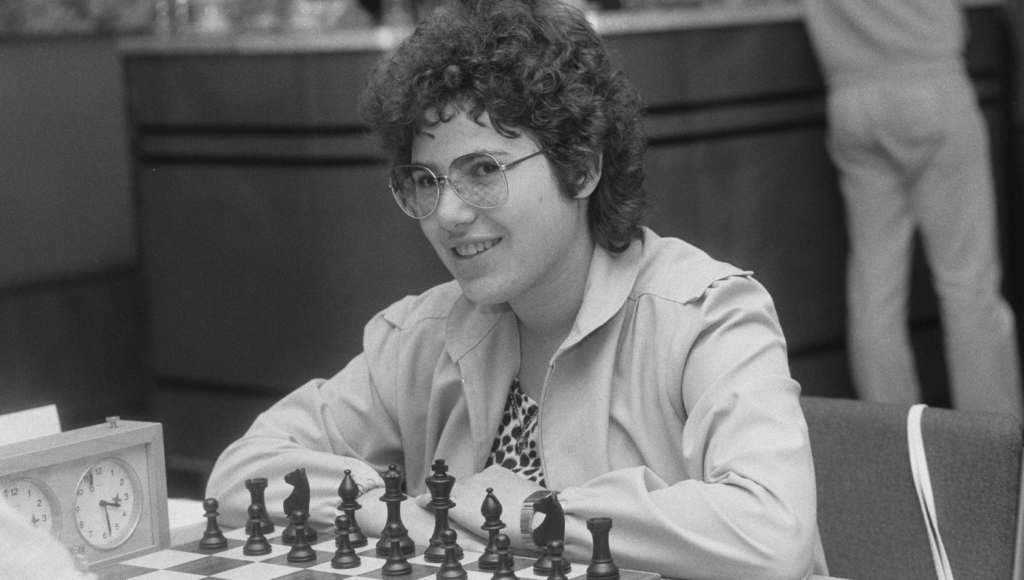
Historical Roots of Male Dominance
The narrative of growth in male dominance in chess originates from societal views on gender roles. Until recently, chess was predominantly seen as a game for men, thus reflecting broader cultural attitudes toward women’s participation in intellectual pursuits.
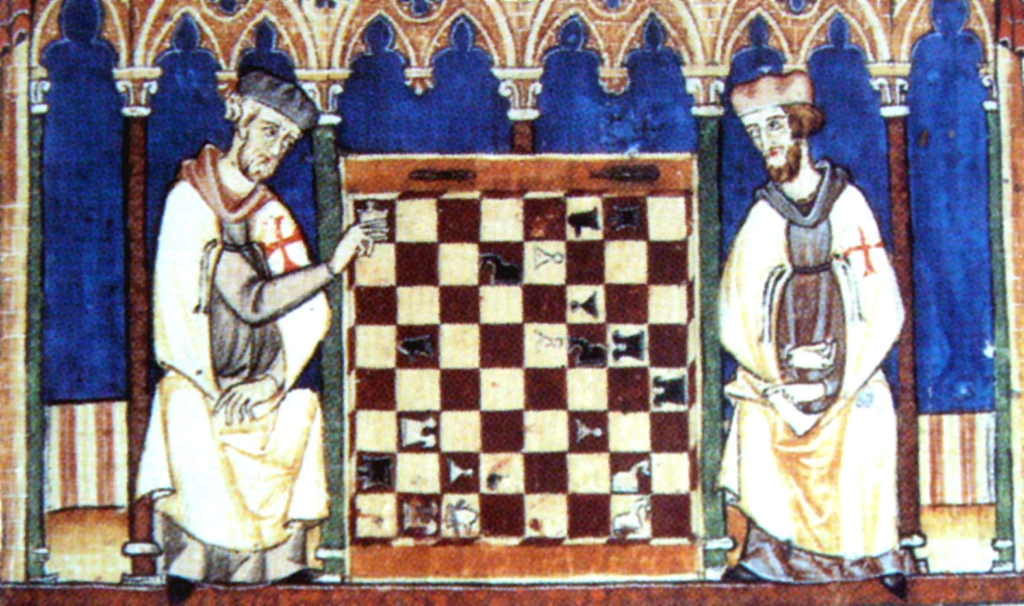
Impact of Societal Perceptions
While separate categories for women provided a platform for competition, they also reinforced stereotypes, hindering the confidence and skill development of female players.
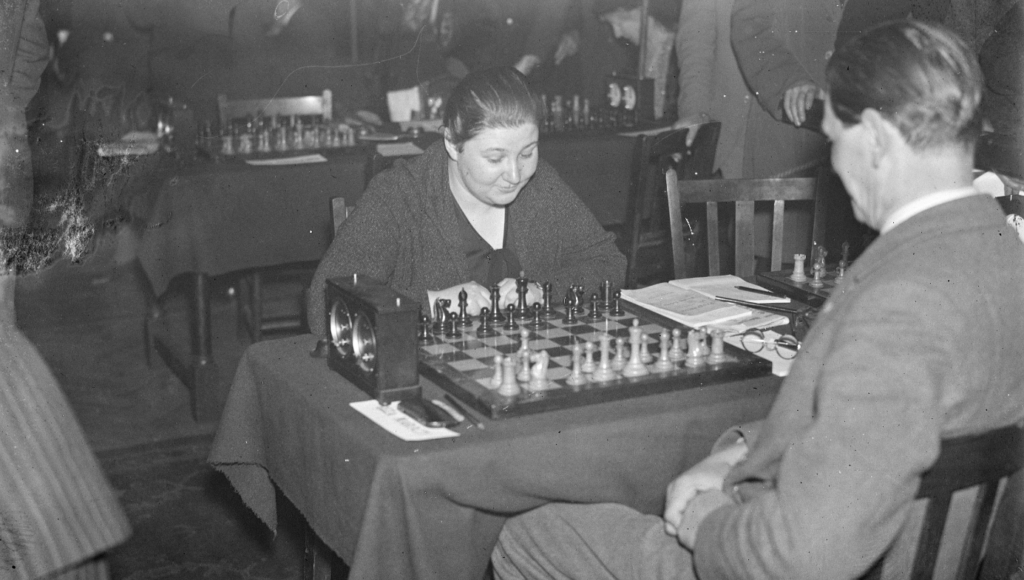
Challenging Stereotypes Through Separate Categories
Attributing male dominance solely to inherent abilities overlooks environmental and social factors. Cognitive differences between genders alone cannot fully explain the disparities in chess performance.
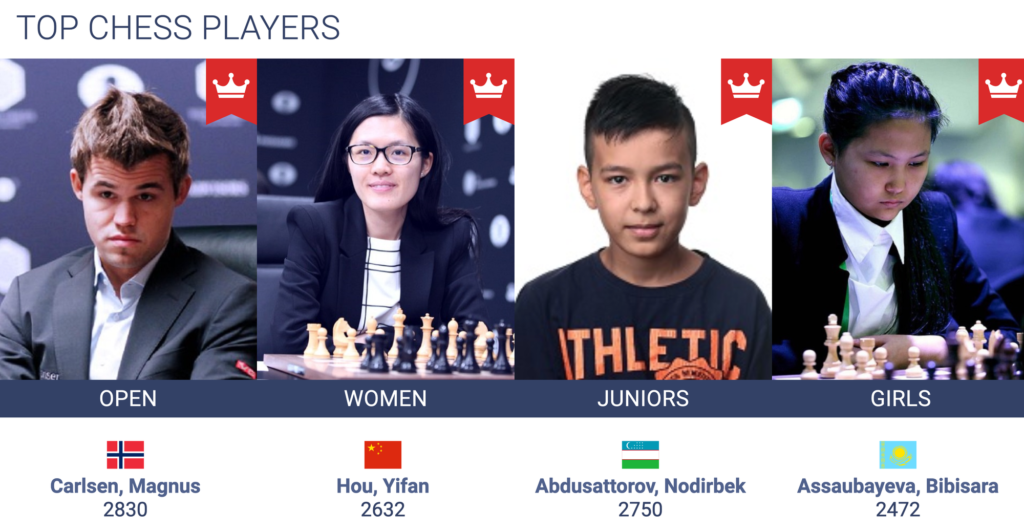
Participation-Rate Hypothesis: Examining Engagement Disparities
A greater number of boys than girls engage seriously with chess from a young age, creating an imbalance in competitive levels.
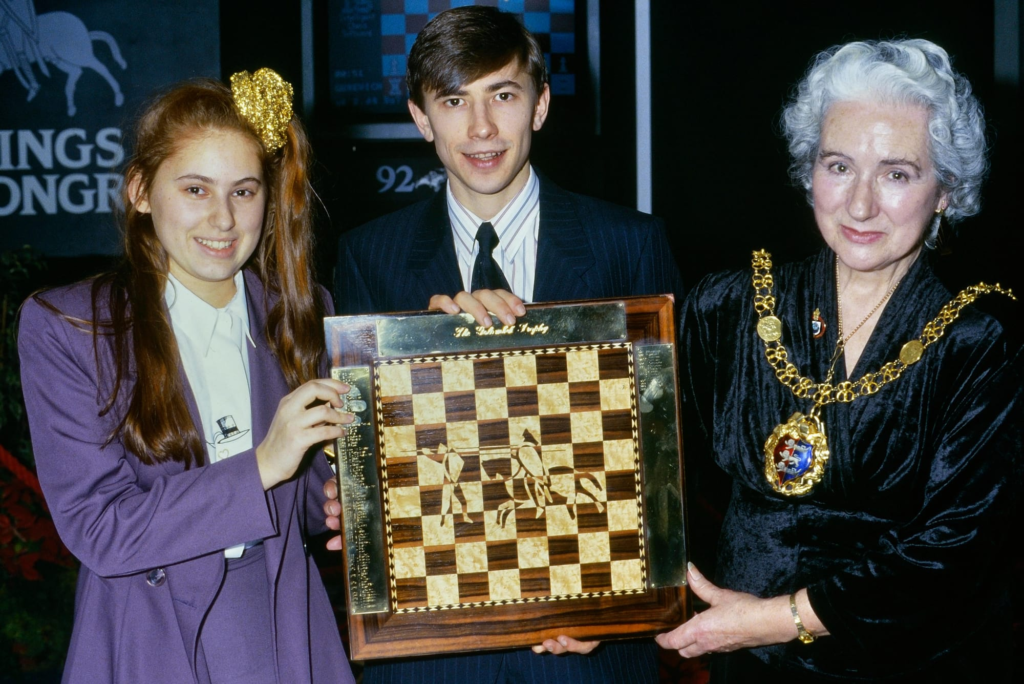
Insights from Comparative Analysis: Scrabble and Bridge
Similar patterns of male dominance at elite levels are observed in other intellectual games, despite higher female participation in casual settings.

The Multifaceted Nature of Chess Mastery
Intelligence is just one aspect of success. Dedication, practice, and exposure to competition all play vital roles in player development.
Toward a More Inclusive Chess Community
To achieve gender equity, we must address systemic barriers, promote inclusivity, and foster a supportive environment for all players.
We at Summit School of Chess dedicate ourselves to nurturing chess enthusiasts of all genders. Join us in unraveling chess’s mysteries and fostering a more inclusive and equitable community.
Link to the original article on Quillette
Our Summer Chess Camp 2024 is coming up!!
We have daily Online Group Lessons for all players of all skill levels!
Our Monthly Chess Tournaments are great for testing your skills!
Get a School Chess Program today!
Join the official Summit School of Chess Club (on Chess.com)
